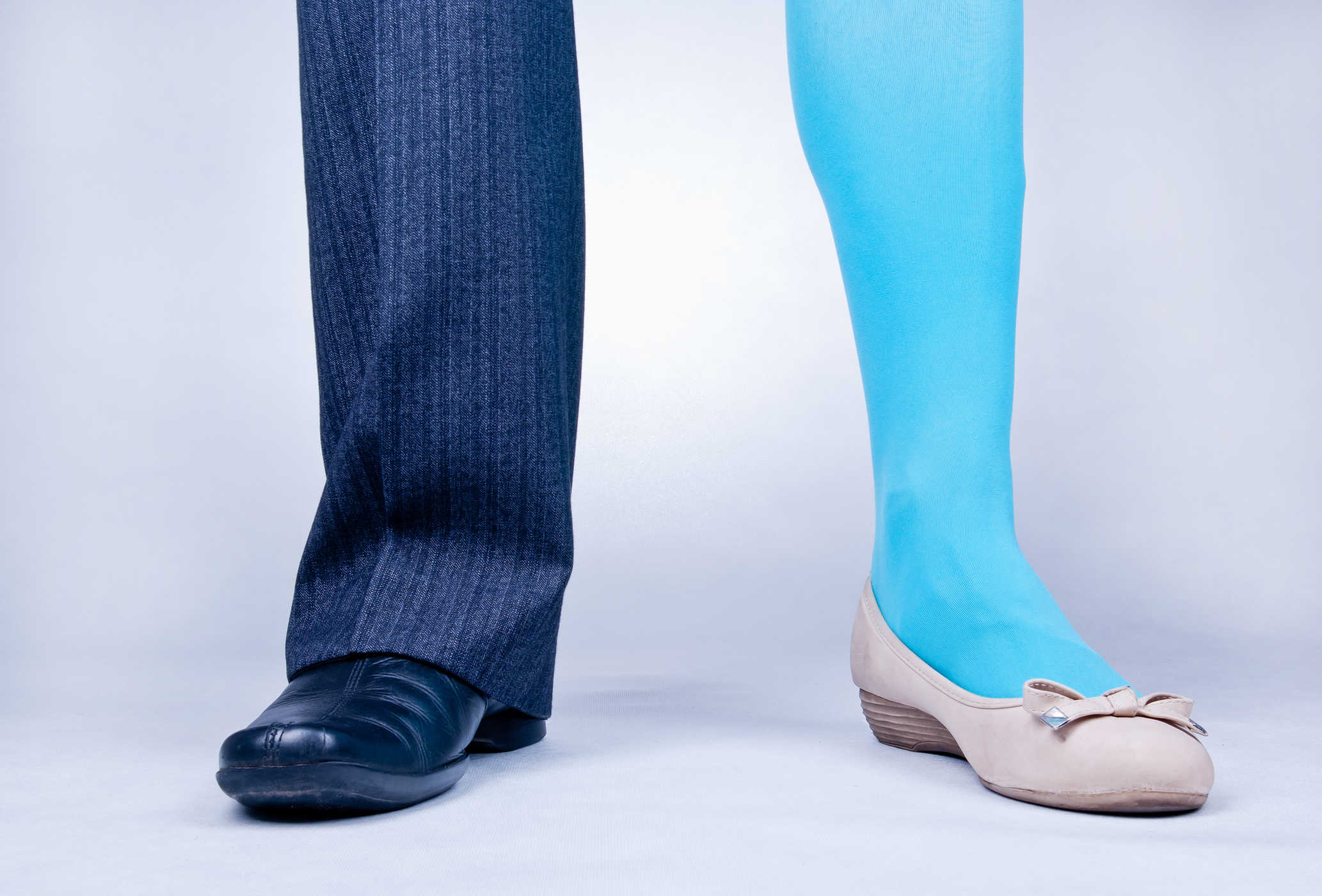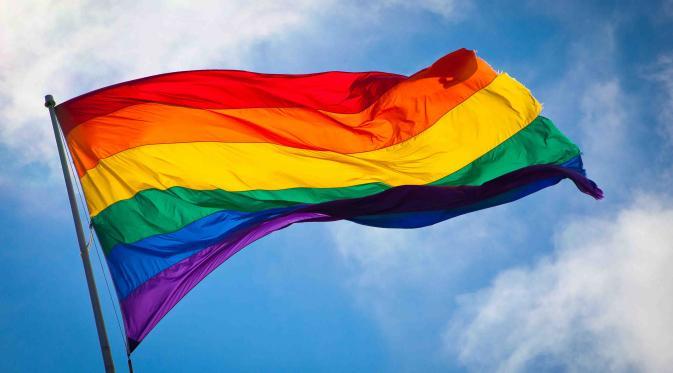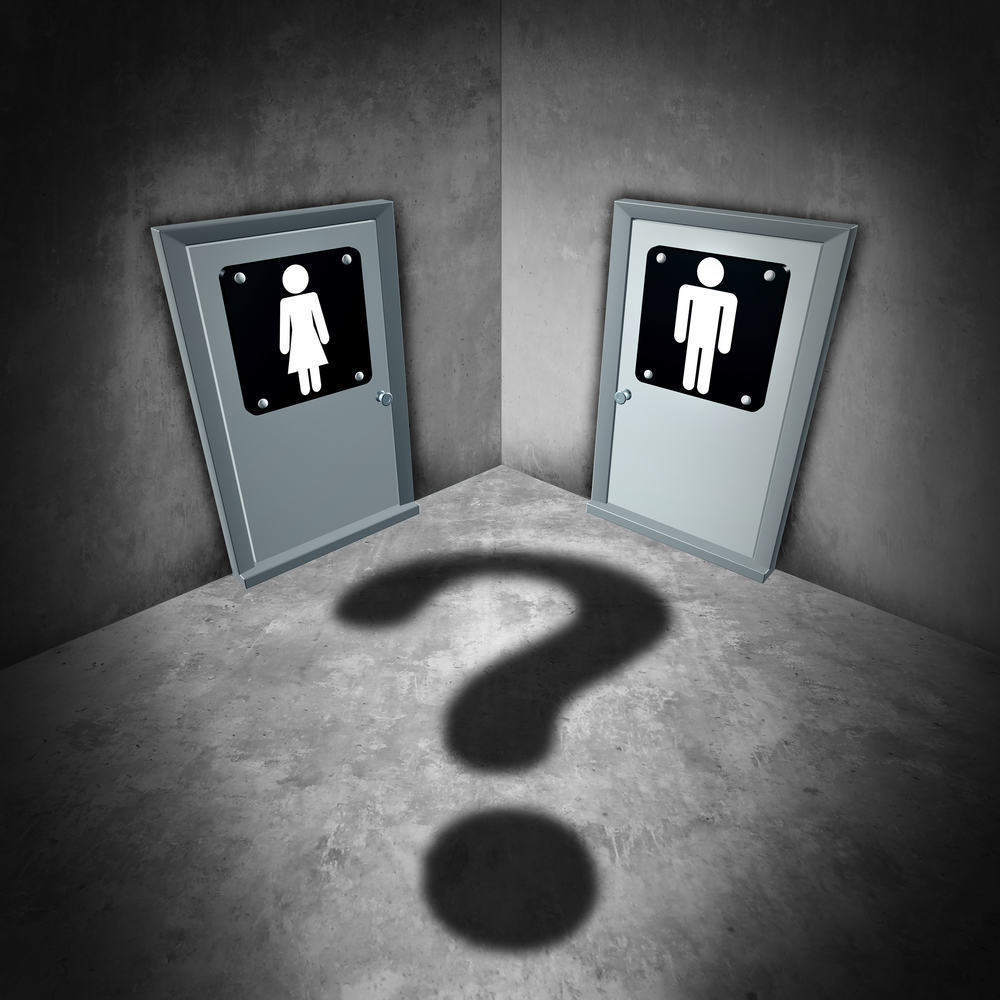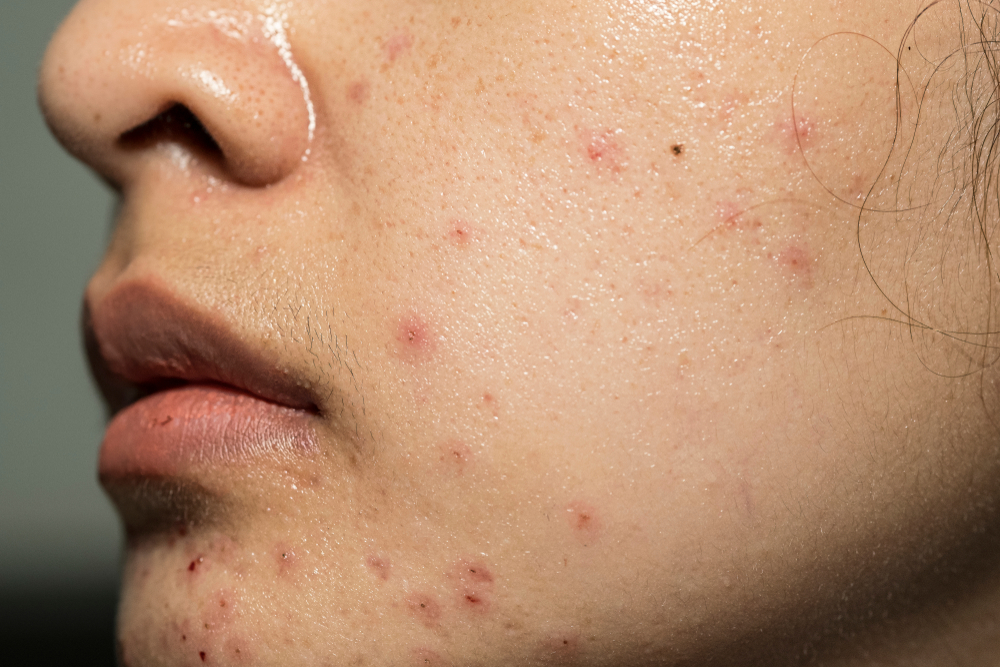Contents:
- Medical Video: Why do so many LGBT people suffer from mental health problems? - BBC Newsnight
- What is transgender?
- What is genderqueer?
- A variety of health problems that often lurk transgender and genderqueer
- 1. Problems accessing genital replacement procedures
- 2. Mental health
- 3. Sexually transmitted diseases
- 4. Drug abuse
Medical Video: Why do so many LGBT people suffer from mental health problems? - BBC Newsnight
Access and health facilities are generally only intended for women and men. In fact, transgender and genderqueer also equally vulnerable to various health problems. Their risk may even be higher than that of men and womenbecause it is constrained by the limited access to health specifically for them.
Before further examining the various health risks that might be faced by transgender and genderqueer, you must first explore the issues of gender identity.
What is transgender?
Gender roles and gender identity are two completely different things. Gender identity is how a person reflects his thoughts, emotions, actions, and all daily behavior according to his gender. A person's gender identity can be in harmony with his sex that was appointed at birth or even completely different.
The point is this: someone who has a penis and testicles can identify himself as a man and therefore behaves like a man in general. While people who are born with breasts, vagina, and uterus can accept their sex as a woman, and therefore behave like a woman in general. The typical behavior of each gender is called gender roles.
Now for some people, the gender identity that he himself believes in and the gender he receives from the views of others can be different. It could be that he was born "as" a man complete with testicles, penis, Adam's apple, and the typical bass sound of men - BUT he feels more comfortable and believes that the nature and vocation of his life is to be a woman.
In the medical world, this inner upheaval is referred to as gender dysphoria. In short, this makes someone feel "trapped" in the wrong body. Transgender itself is a term to refer to people who have determined their gender identity, which is different from what is seen by others. Transgender can determine the gender identity that he believes by carrying out sex change surgery, hormone therapy, or confining his intimate organs so that they do not appear clear when on the move.
What is genderqueer?
While genderqueer or commonly referred to as the term non-binary is a term that refers to a group of people who do not feel included in both types of gender. A person can be called genderqueer if he identifies himself as male and female in one body; if the person does not feel they are 100 percent female or male; or if he feels that he is not a man or woman at all regardless of his physical appearance.
Therefore, most people genderqueer will use pronouns "them"Or"they are"As a third / plural person pronoun, not"she"Or"he"Which is intended specifically for one sex.
Keep in mind, a person can realize his gender identity and sexual orientation at various points in their lives. However, gender dysphoria is not a mental illness. A person can be aware of his sexual preferences early on, or some will just begin to understand and choose him in adulthood.
A variety of health problems that often lurk transgender and genderqueer
The following are some of the most vulnerable health problems experienced by transgender people genderqueer.
1. Problems accessing genital replacement procedures
Genital substitution is a solution for transgender and genderqueer groups to "formalize" their gender identity. But not all want / can / have the opportunity to do sex changes with certain procedures. Because, Indonesia does not provide legal access to sex change operations for people who want to transition in their adult years to personal choices. New genital replacement surgery may be carried out in Indonesia to determine babies born with multiple sexes - for parental consent.
Reporting fromThe Washington Post, abroad the first step before carrying out a sex change operation is usually a consultation session with a professional mental health counselor to carry out a diagnosis and psychotherapy. The diagnosis of gender dysphoria and an official letter of recommendation from the therapist concerned then allows the individual to start hormone therapy to protect or feminine the body's hormones under the supervision of a doctor.
Unfortunately, hormone therapy can carry risks, in it:
- Low or high blood pressure
- Blood clotting
- Dehydration and electrolyte imbalance
- Heartache
Plus, because of limited costs and little access to legal hormone therapy in Indonesia, many people do hormone therapy under the hands. If not handled properly, illegal hormone therapy will cause an imbalance in the amount of hormones and increase the possibility of side effects that are harmful to the health of the body.
2. Mental health
According to the chairman of the Indonesian Association of Mental Medicine Specialists (PDSKJI), dr. Danardi Sosrosumihardjo, SpKJ transgender, genderqueer, to other LGBTQ groups (including gays and lesbians) as well as victims of natural disasters. In a sense, that does not mean they have a mental disorder, but only vulnerable to mental disorders due to social pressure and severe situations that must be faced.
The same thing was also conveyed by the American Psychiatric Association (APA) which states that people with gender dysphoria can experience stress and mental disorders from their condition. Mamun being a transgender and genderqueer itself is not a mental disorder. If they have believed in their true gender identity, of course they will not experience gender dysphoria and be mentally healthy.
However, transgender and genderqueer are more at risk of developing mental disorders as they struggle to identify their own gender identities. Gender dysphoria can cause a person to experience anxiety, doubt, and inner stress because they are not comfortable with the sex they have at birth. Gender dysphoria can lead to severe depression and inability to undergo daily activities such as going to school, working, or socializing.
Not infrequently also, transgender people and genderqueer accepting exile from his immediate environment such as family and friends. Because of this, transgender and gender quuer are increasingly susceptible to depression and anxiety disorders. If you don't immediately seek help, their risk of suicide will increase.
3. Sexually transmitted diseases
Sexually transmitted diseases (STDs) such as HPV, hepatitis A and B, HIV, syphilis, chlamydia and gonorrhea are the diseases most often associated with these conditions. Some STDs can still be treated, but some other diseases are fatal if they are not immediately treated. PMS arises from a lifestyle that does not have sex safely. Therefore, to reduce the risk of getting STDs, apply safe sex by using contraceptives such as condoms.
4. Drug abuse
Gay, lesbian and transgender people often suffer from drug abuse problems. This was triggered because it was an effort to find peace to eliminate anxiety, fear, frustration, and even depression in facing stigma in society. Besides drugs, transgender and genderqueer too much smoking and drinking are also at risk of experiencing chronic kidney failure, liver, lung, heart attack, stroke and so on.
The lack of access to information and health services due to norms, culture, stigma, and discrimination is the biggest problem that still raises pros and cons. In the end there is still a lot of medical research needed to understand the health of transgender and gendequeer to then recommend the right solution.














